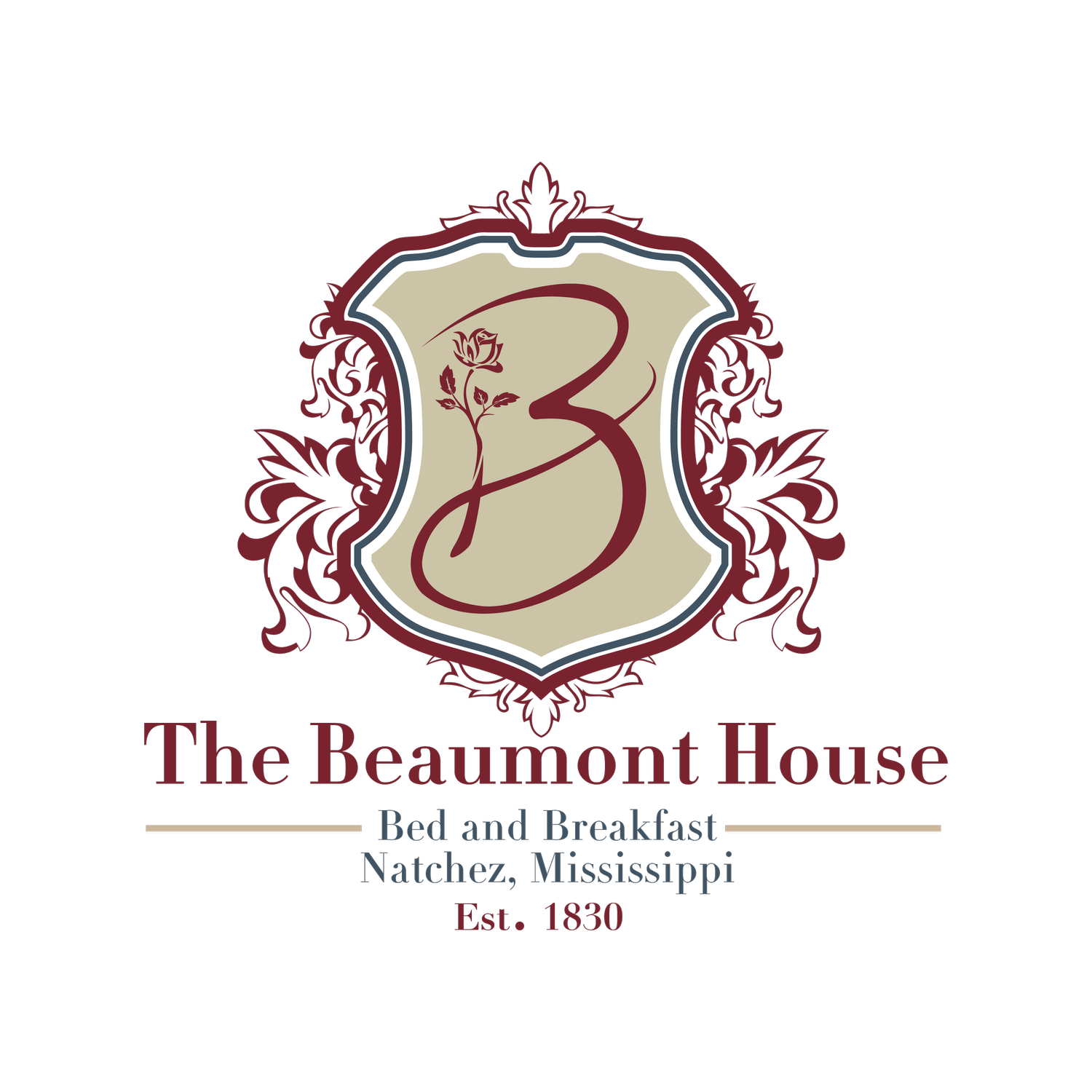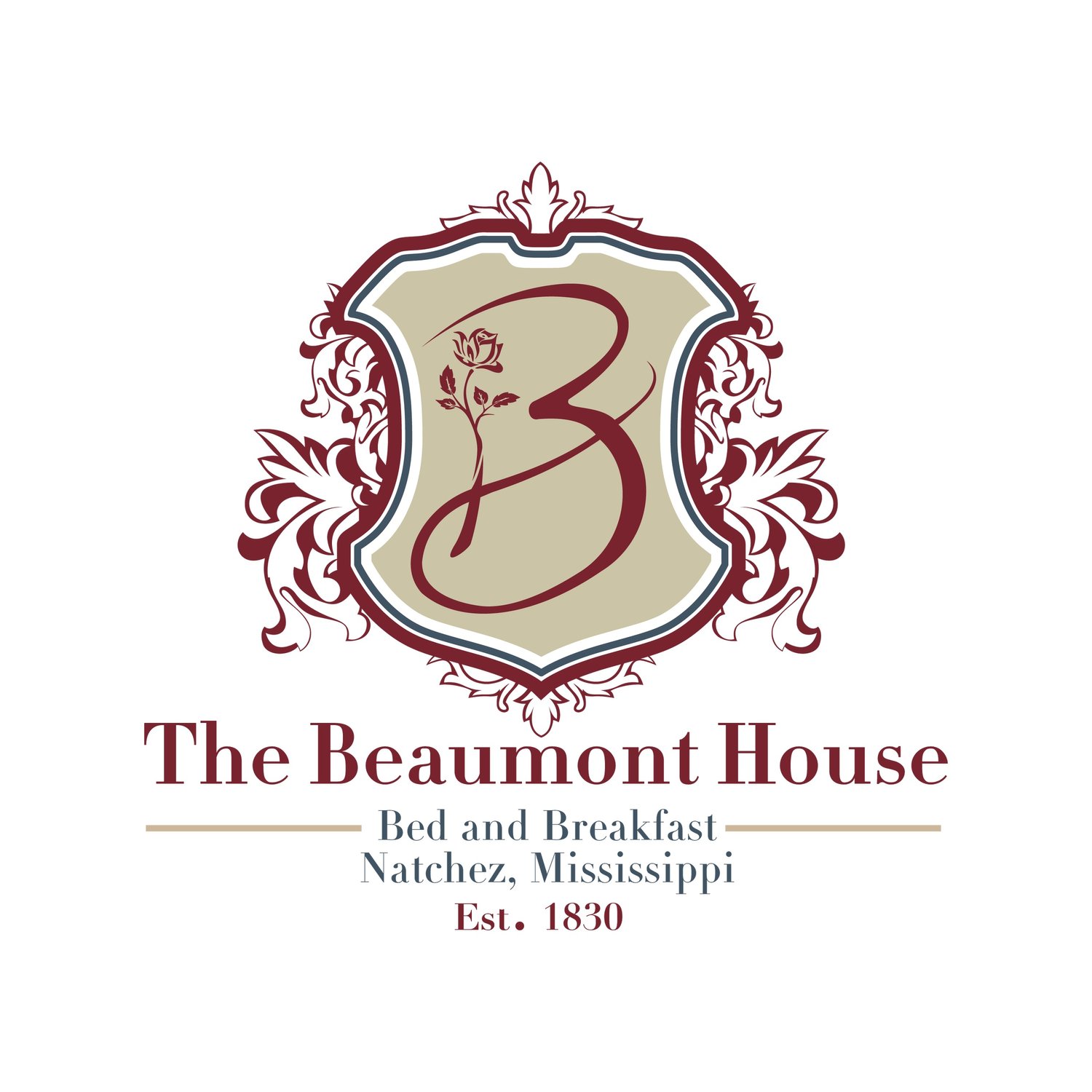William Johnson: The Barber of Natchez who Wrote History
The Barber of Natchez:
William Johnson
Natchez, Mississippi, is a town full of stories, tucked between the river bluffs and streets lined with grand old homes. Among them is the remarkable story of William Johnson, a free black man whose barbershop was a gathering place for locals and whose detailed diaries give us a firsthand look at life in 19th-century Natchez. His journey from enslavement to entrepreneurship is one of determination, skill, and careful navigation of a world where freedom came with limits.
From Slavery to Success:
William Johnson was born into slavery, the son of his mother, Amy, and presumed father and owner, William Johnson Sr. When he was 11 years old, his owner secured his freedom, setting him on a path that few black men in the antebellum South could travel. He learned the barber trade from his brother-in-law, James Miller, and by 1830, he took ownership of his own barbershop in downtown Natchez.
His Main Street shop became more than a place for haircuts and shaves—it was a hub of conversation, news, and community. The barbershop sat near bustling hotels, banks, and the courthouse, making it a prime location to serve the town’s businessmen, planters, and travelers.
The Diaries that Told His Story:
Between 1835 and 1851, Johnson kept a diary, carefully recording daily life in Natchez. He wrote about his business dealings, customers, and even local politics, but he also included the little things—family moments, community events, and the occasional bit of gossip. His journals offer an intimate look at antebellum society through the eyes of a free black man living in a world where race and class dictated every move.
For over 75 years, these diaries sat untouched in a trunk in the attic of the William Johnson House. When his family discovered them, they were eventually sold to Louisiana State University, which later published them. Today, they remain one of the most detailed records of everyday life in the South before the Civil War. Readers interested in learning more can find The Barber of Natchez, a book based on his diaries, at the Natchez National Historical Park gift shops at the William Johnson House and Melrose.
Building a Life in Natchez:
Johnson was not just a barber—he was a businessman. As his success grew, he expanded, opening additional barbershops, including one in the lively "Under the Hill" district near the Mississippi River. He invested in real estate, operated a bathhouse, and even loaned money to others in the community.
But despite his prosperity, he lived in a society that placed limits on his freedom. He couldn’t vote or hold public office, and his place in the community depended on his ability to navigate social boundaries with care. His diary hints at an awareness of these limitations, but it also reveals a man who was deeply focused on his work, his family, and his future.
Family and Legacy:
Johnson’s diary paints a picture of a devoted father. He wrote about picnics with his children, birthday celebrations, and christenings—important milestones that ensured their free status. His relationship with his mother, Amy, was more complicated. Known for her strong personality, she often clashed with neighbors and even had a run-in with the law for selling alcohol, which was illegal for free black residents at the time. Johnson’s diary records moments of frustration with her, but his grief at her passing in 1849 shows the deep bond they shared.
The Questions Left Unanswered:
One of the biggest mysteries surrounding Johnson’s life is his silence on the issue of slavery. He rarely wrote about his personal views, despite having been born enslaved and later becoming a successful businessman. He even owned slaves himself—a painful contradiction that historians continue to examine. Was he quiet on the subject out of caution, or did he accept the system that defined much of the world around him? We may never know.
A Visit to the William Johnson House:
Today, Johnson’s home still stands as part of the Natchez National Historical Park, offering visitors a glimpse into his life and the world he documented so carefully. Walking through its rooms, you can almost imagine him sitting by candlelight, writing in the pages of his diary.
For those who want to dig deeper into his story, The Barber of Natchez and his published diaries are available at the park’s bookstore located at the William Johnson House (210 State Street Natchez, MS). His words continue to offer a rare and valuable perspective on life in one of the most fascinating towns in the South.
Explore More:
Looking for more Natchez history? Check out our other posts, like “10 Fun Things to Do in Natchez on a Budget” and “The History of Natchez.” Plan your visit and see the places that make this town one of the South’s most historic destinations.


